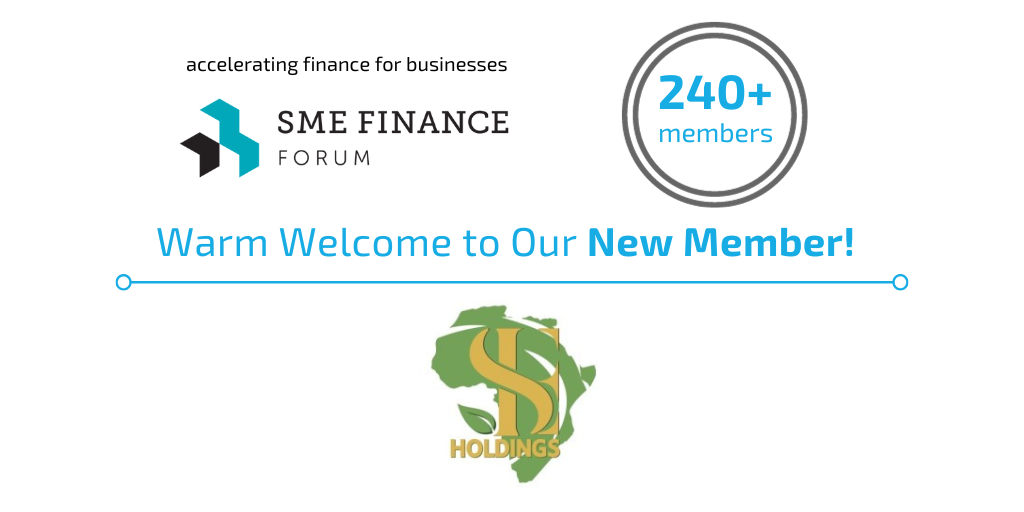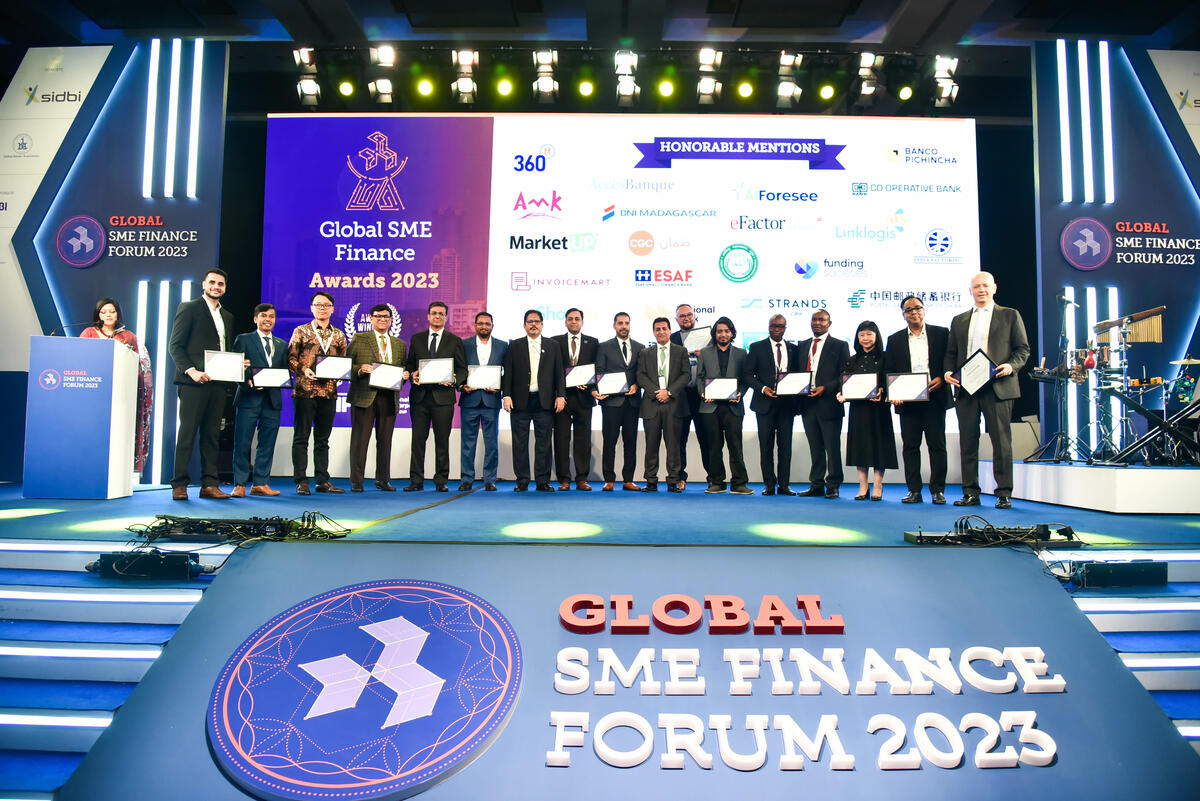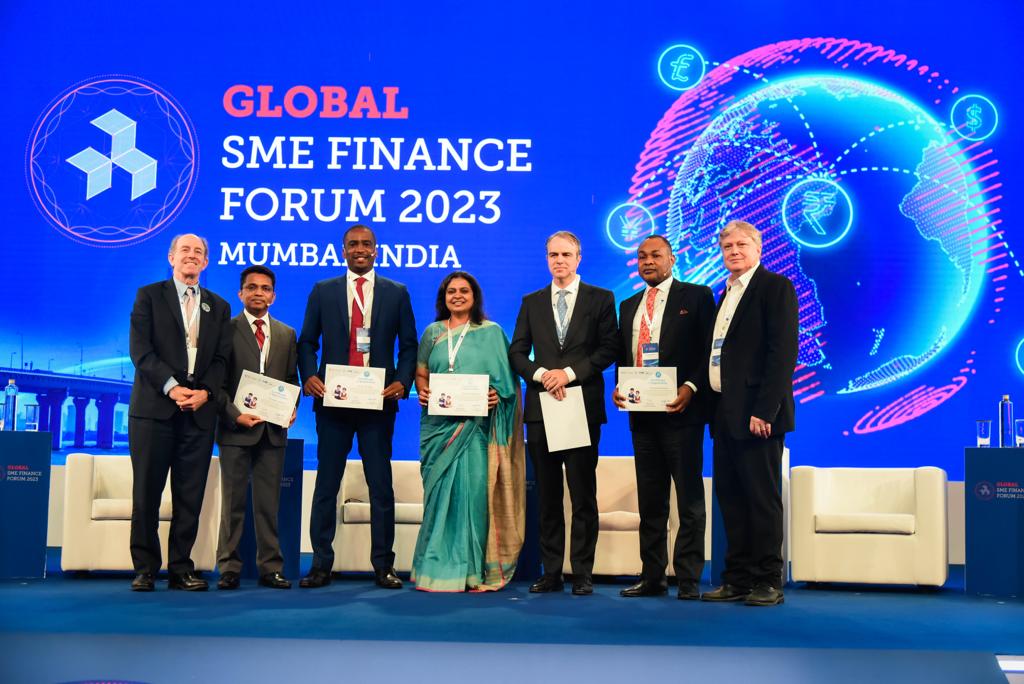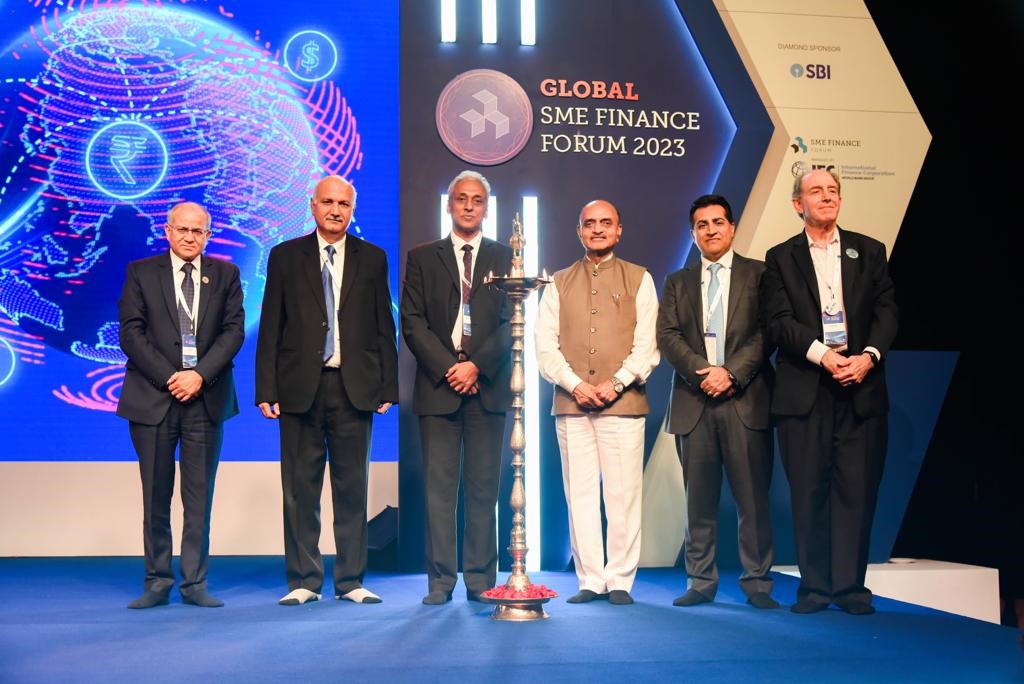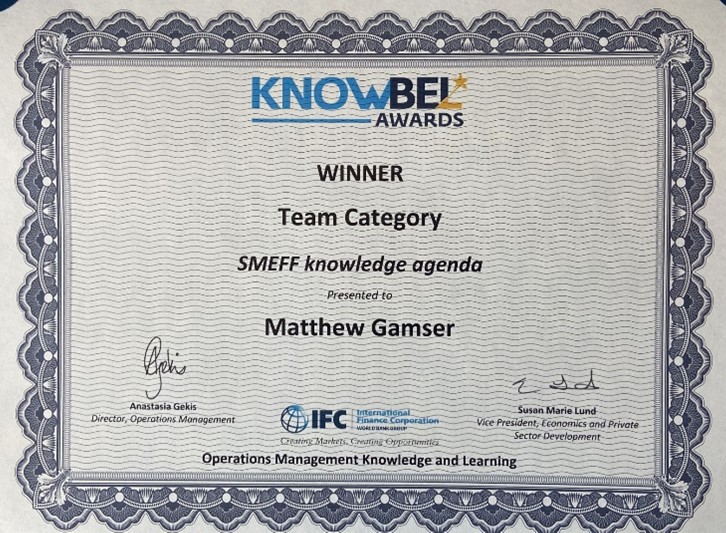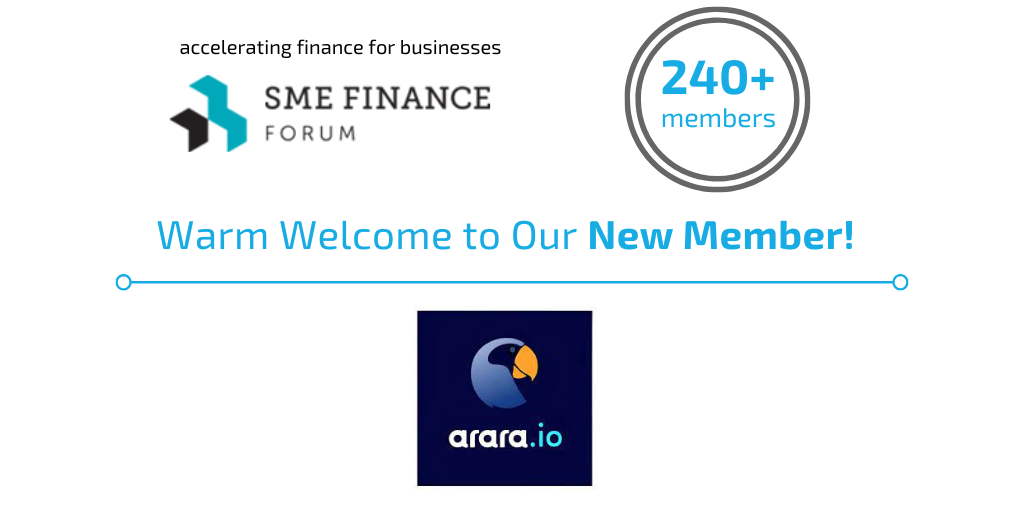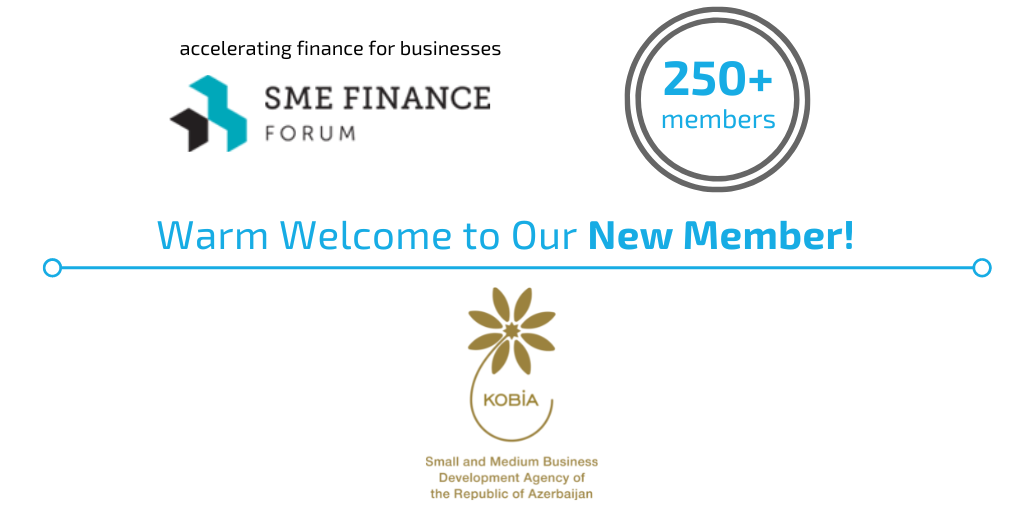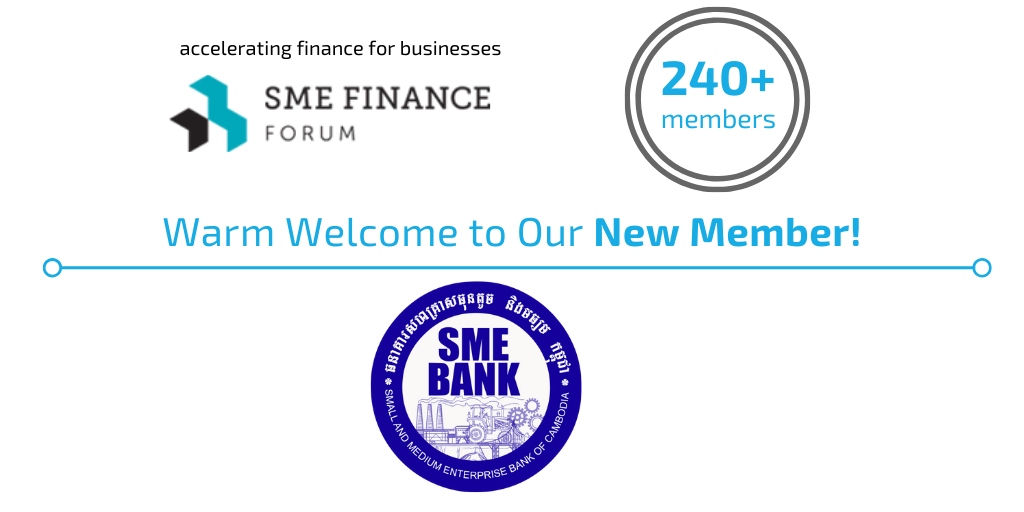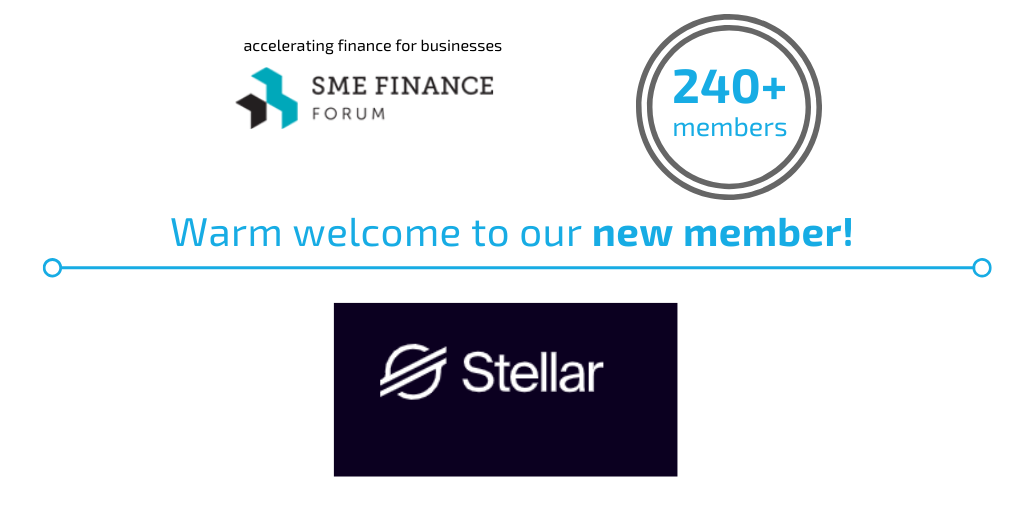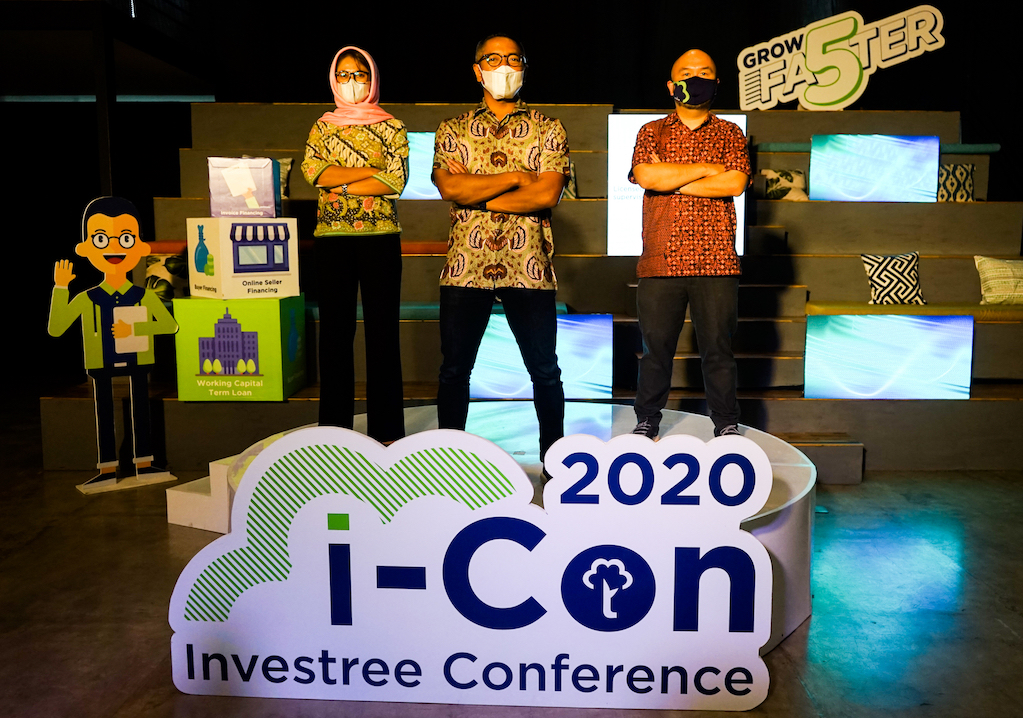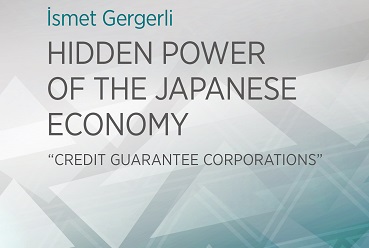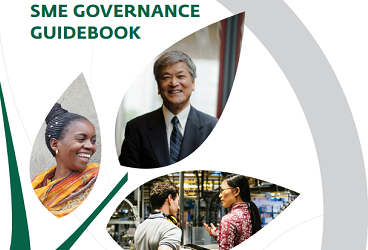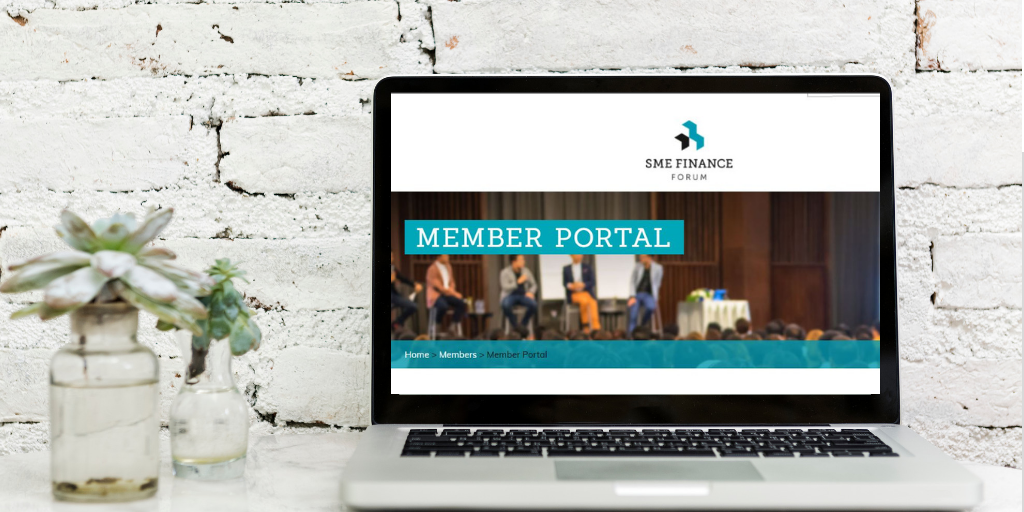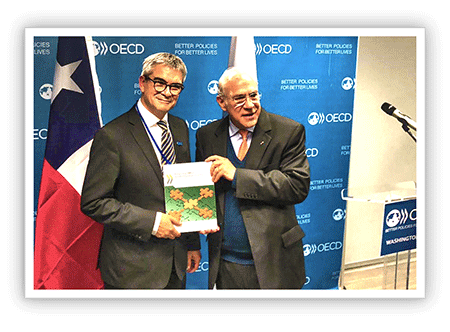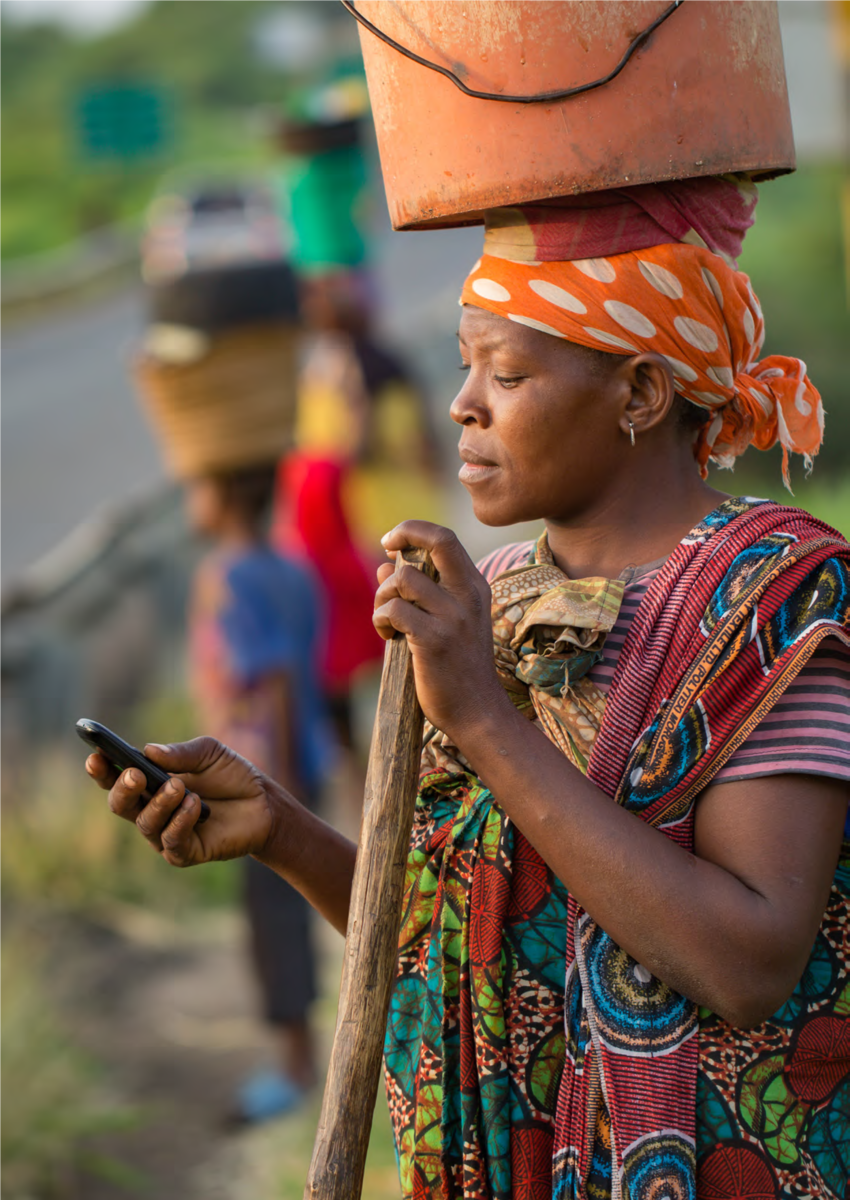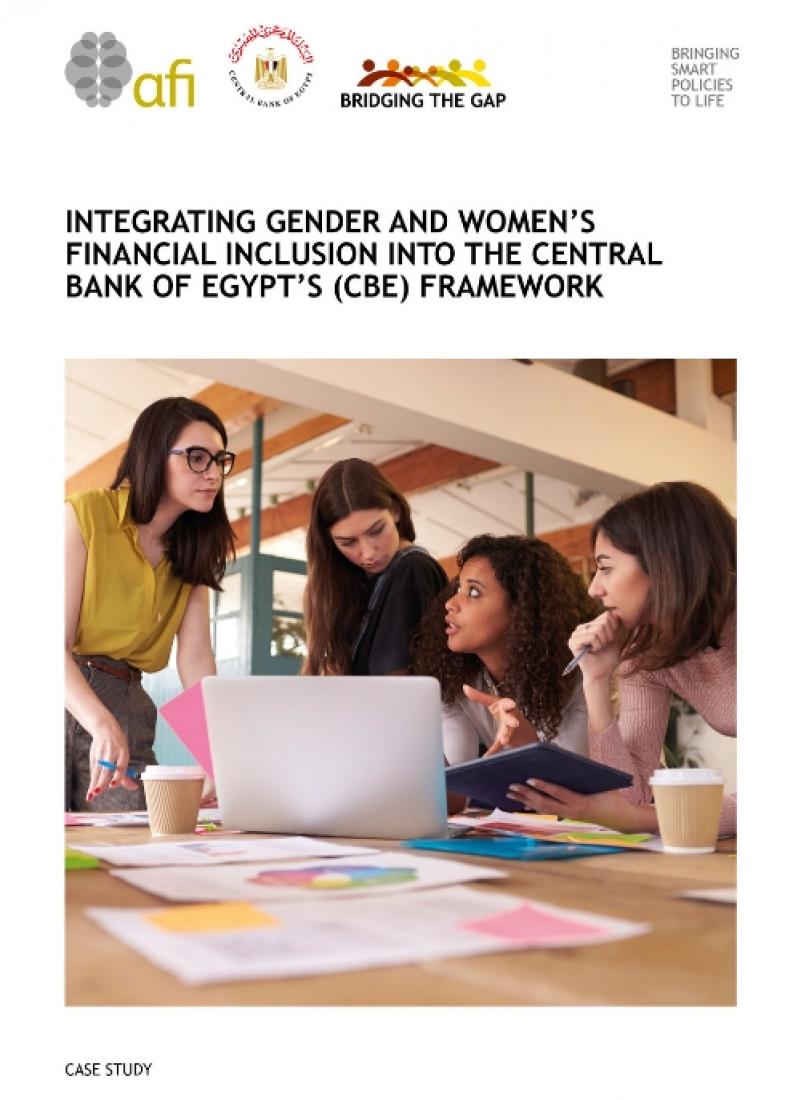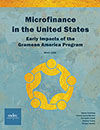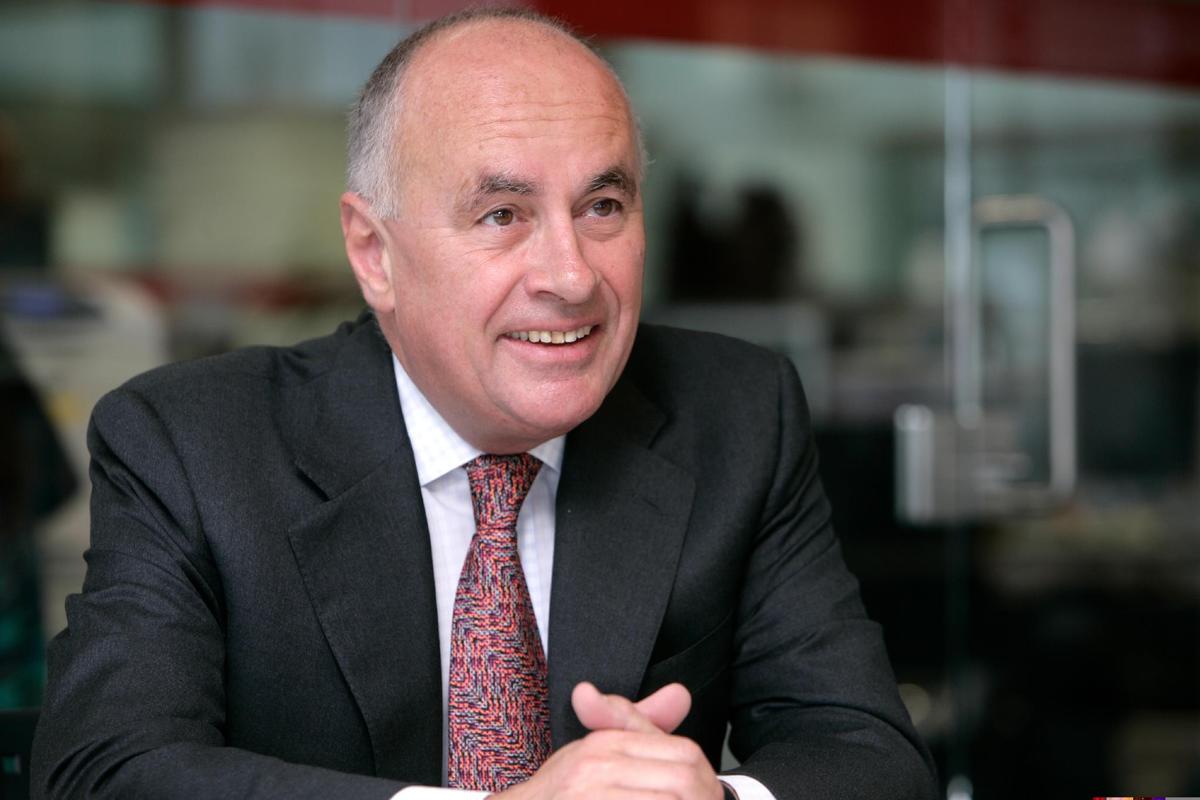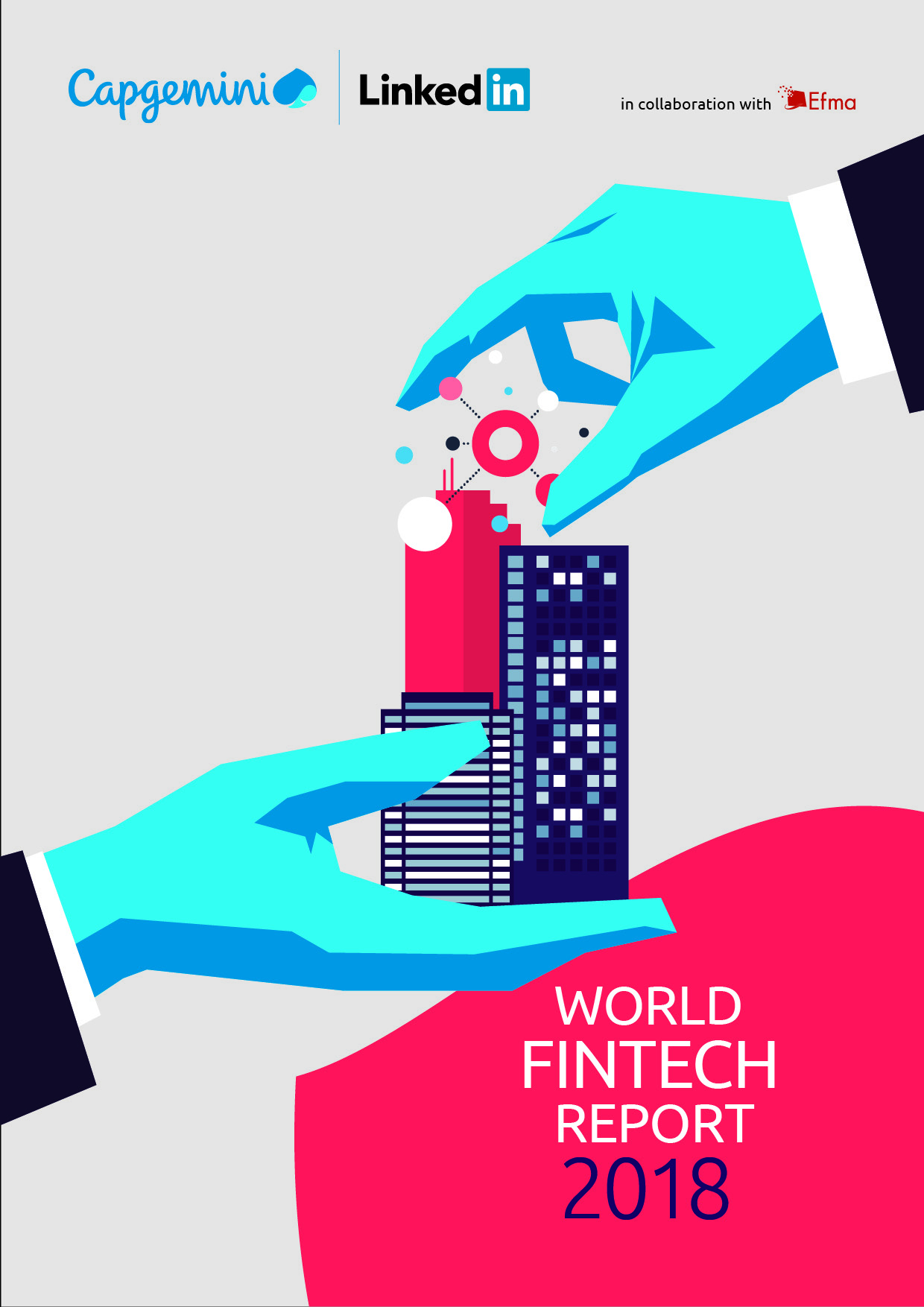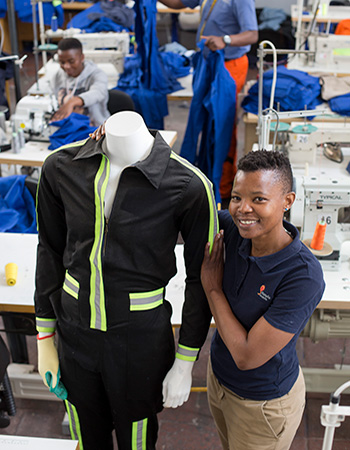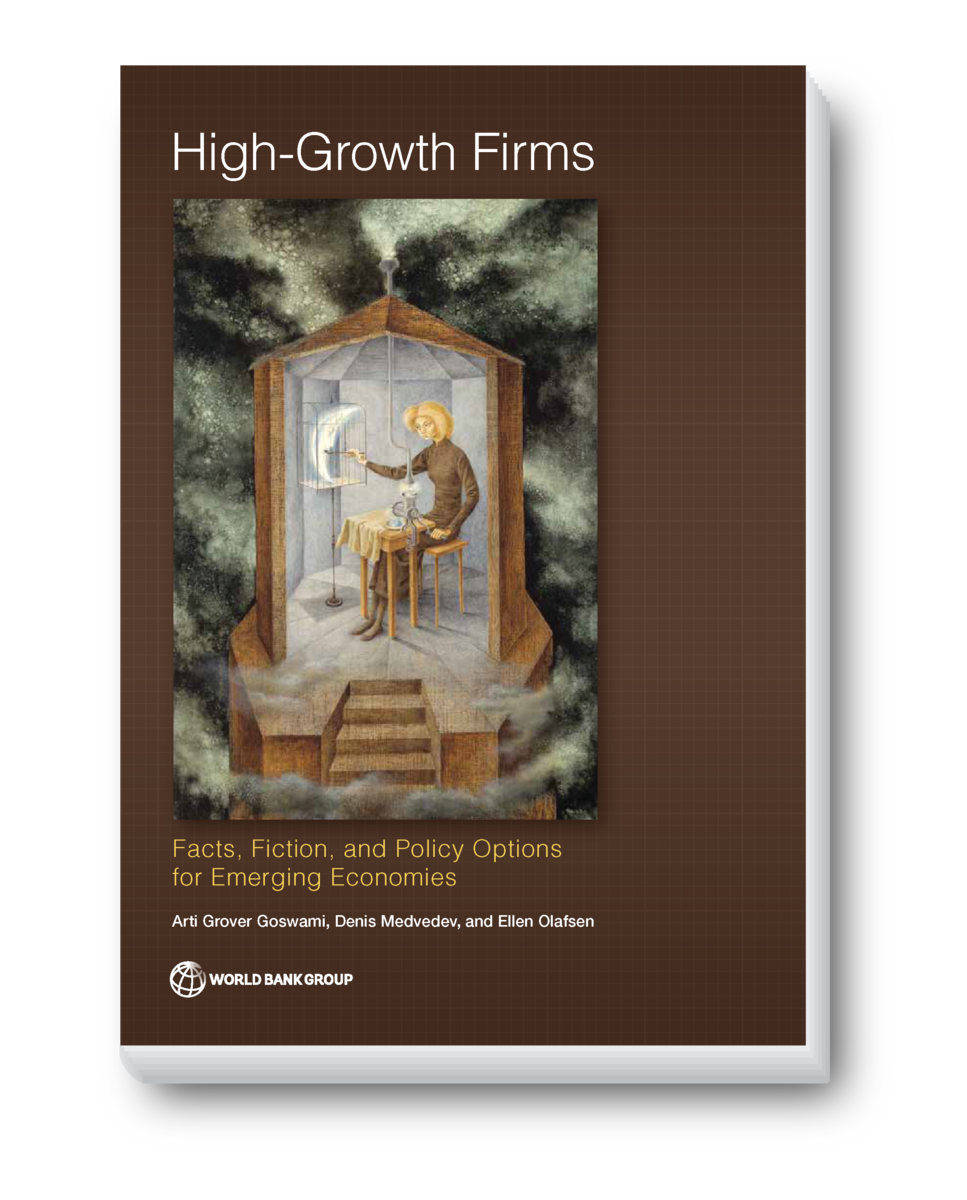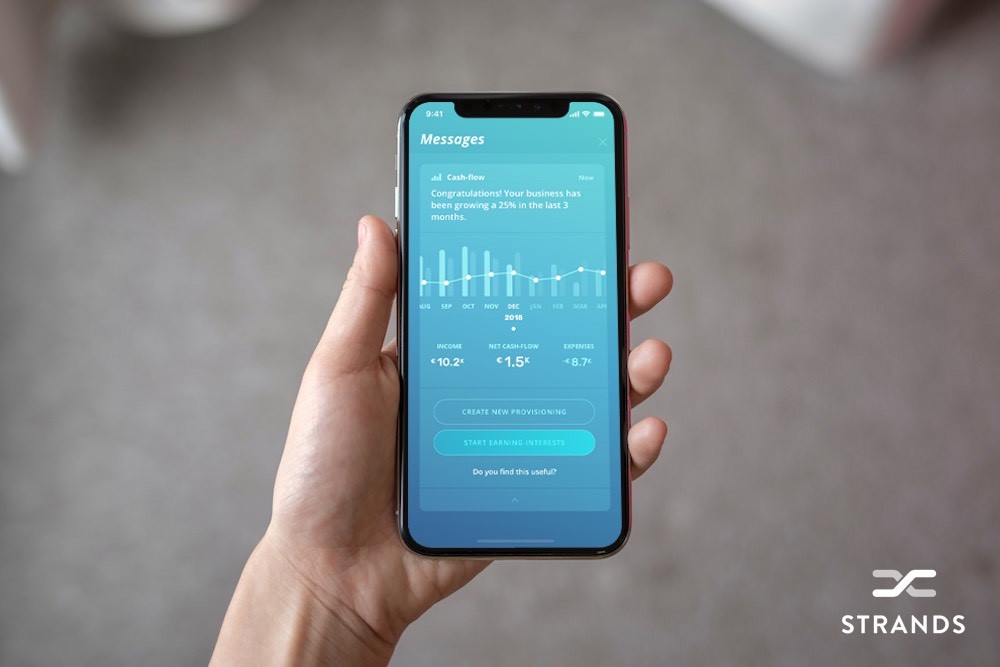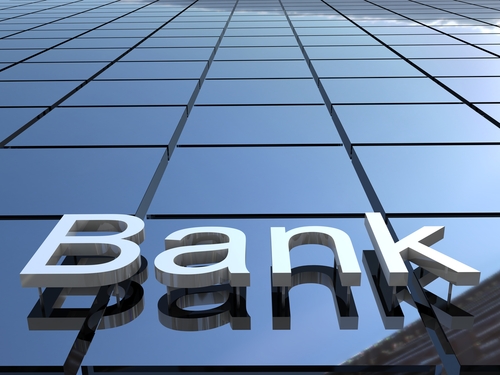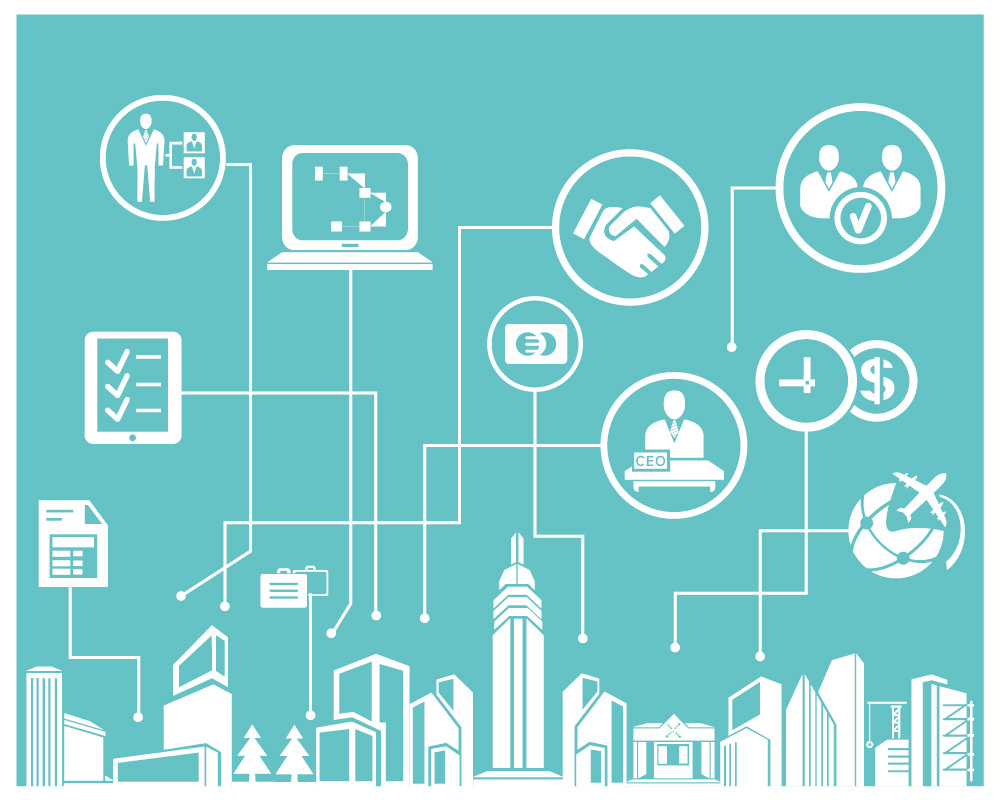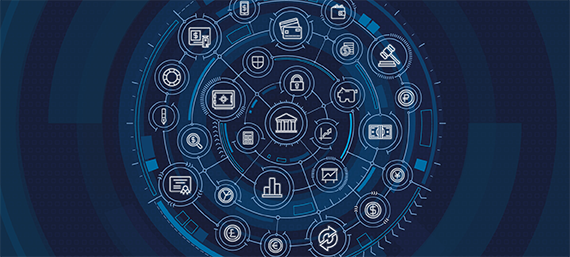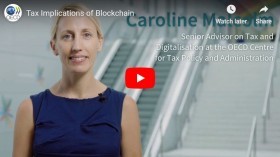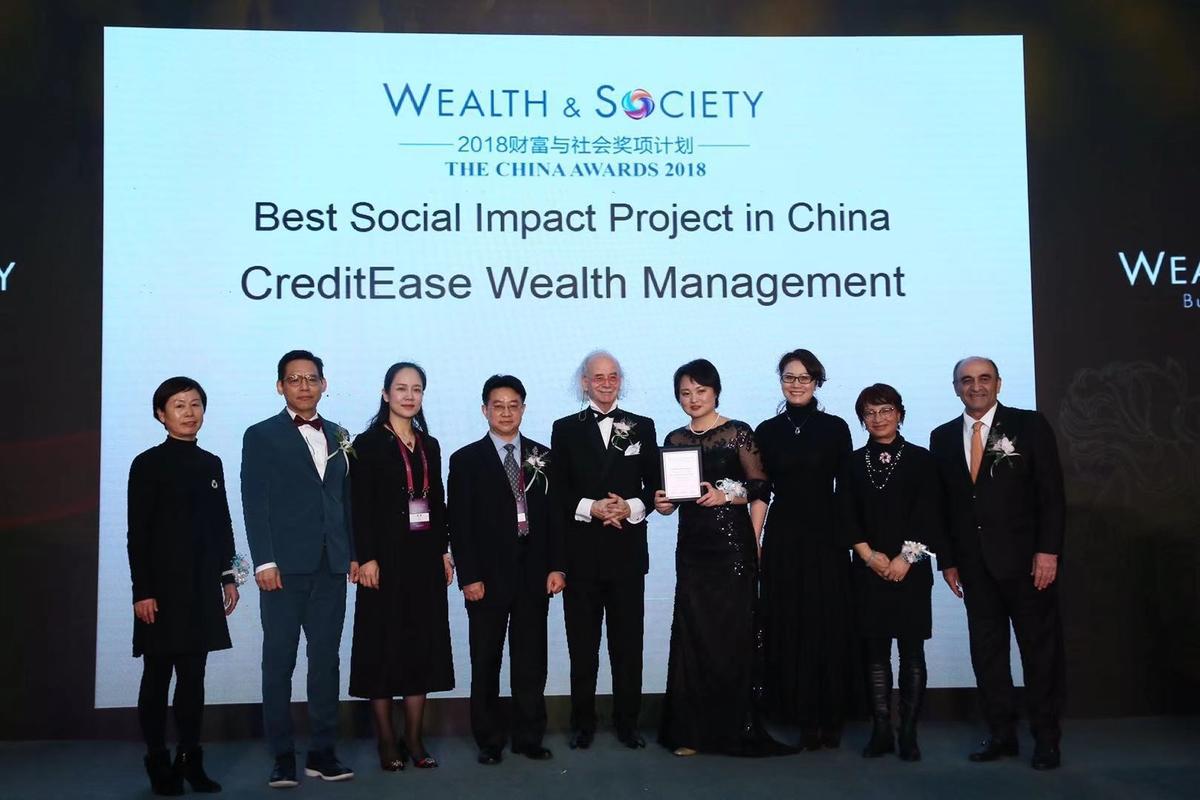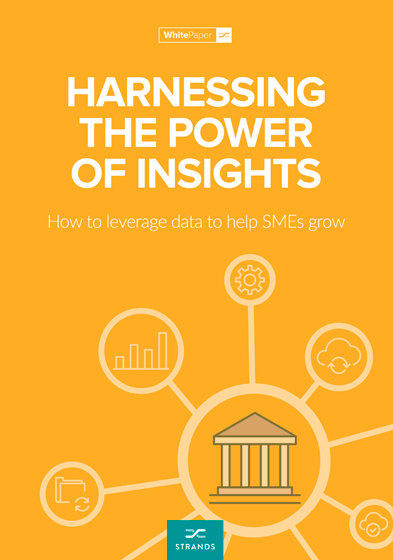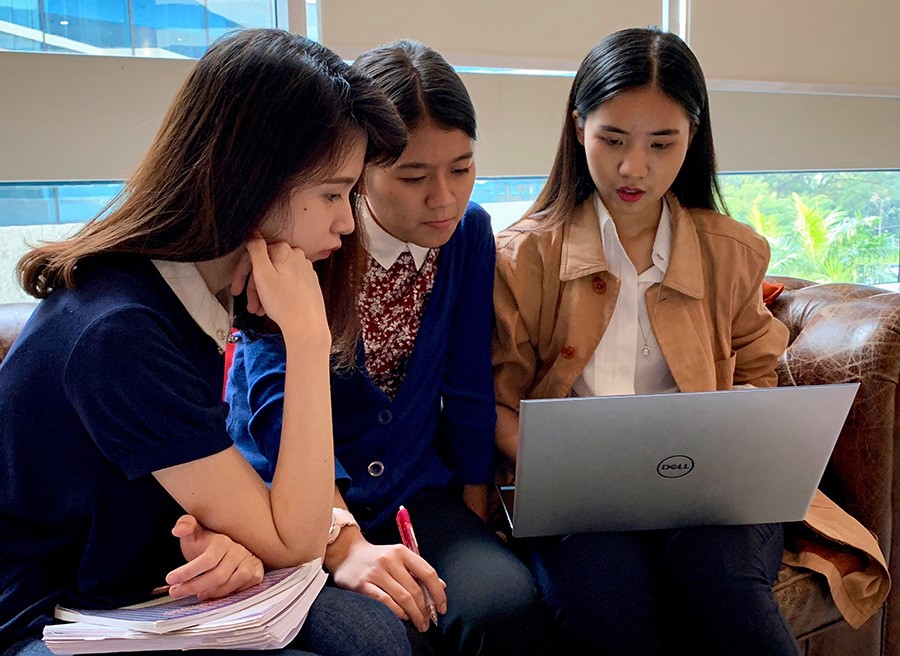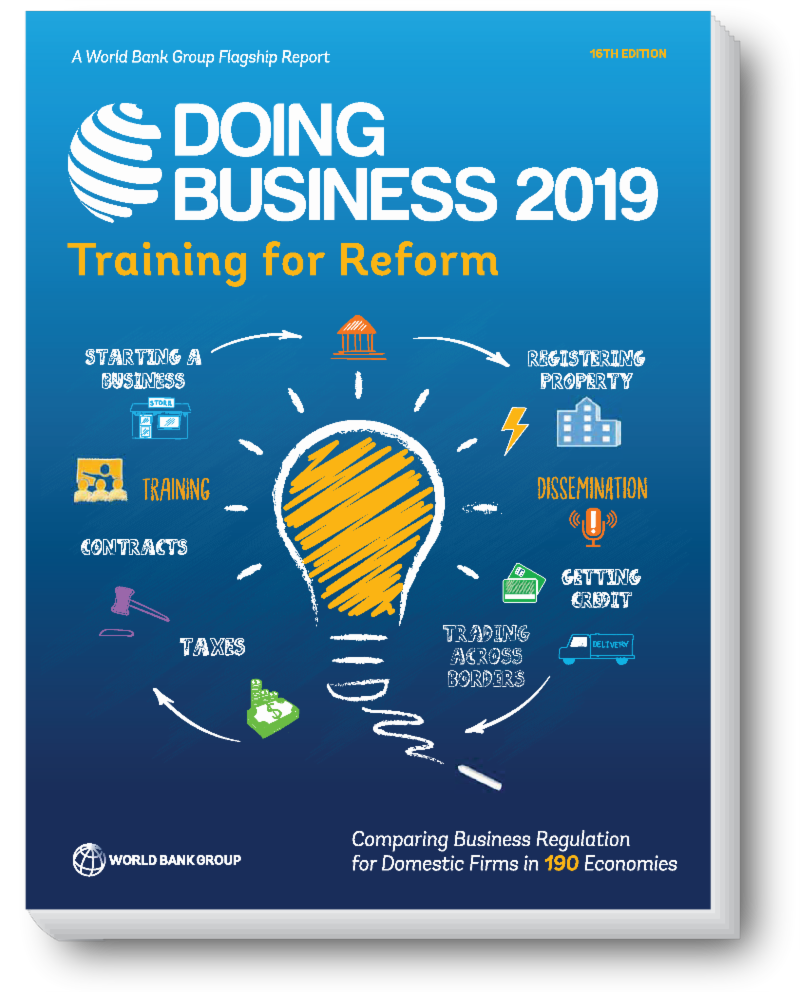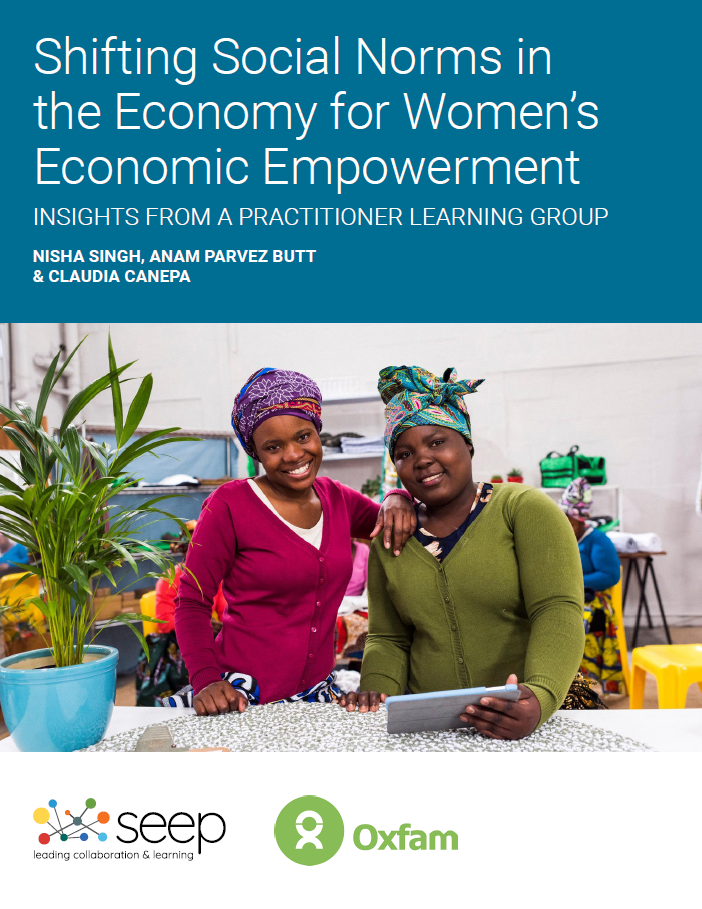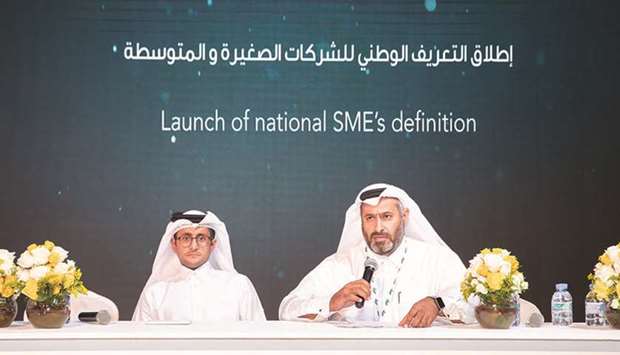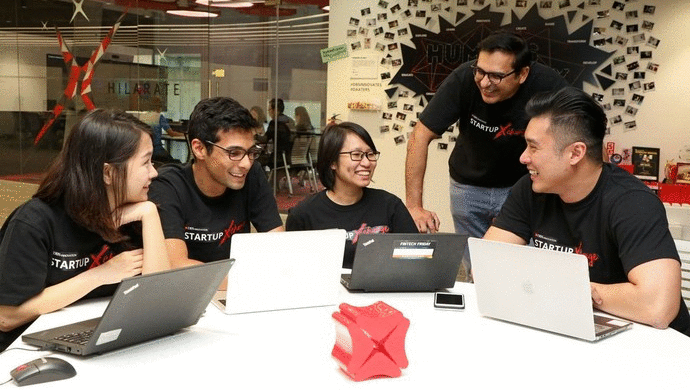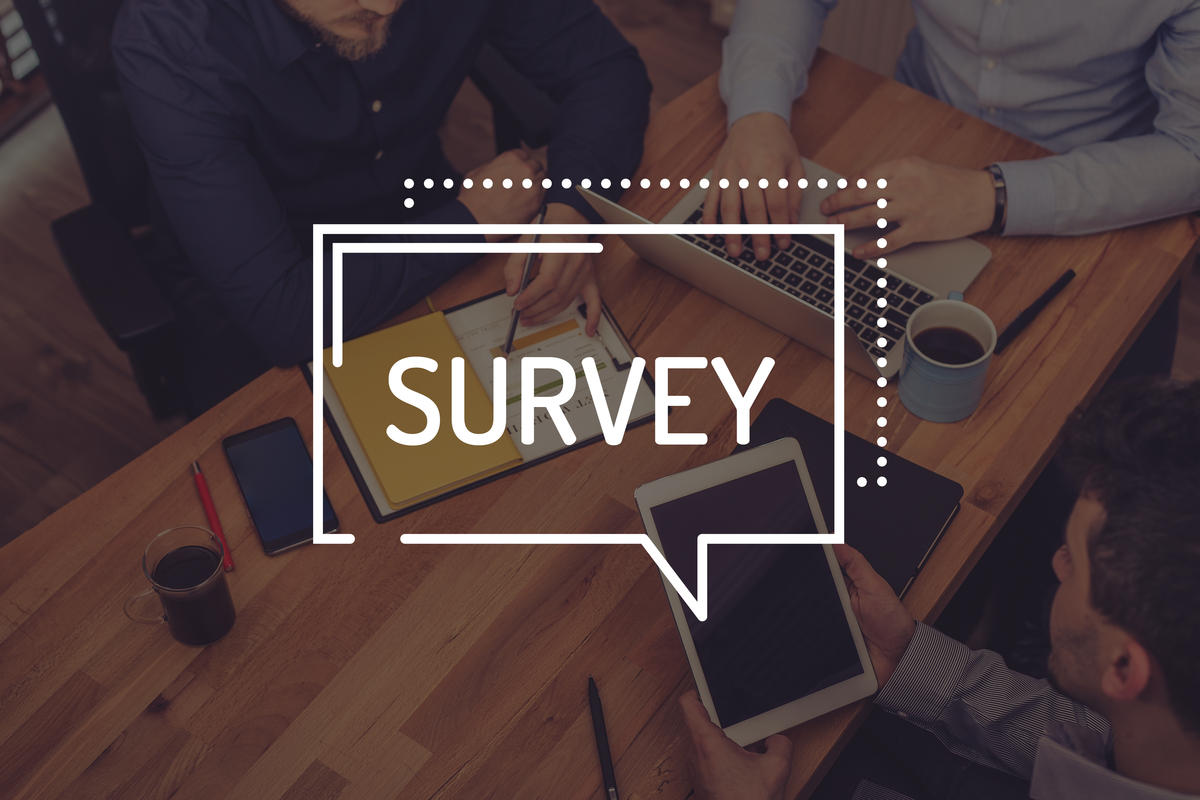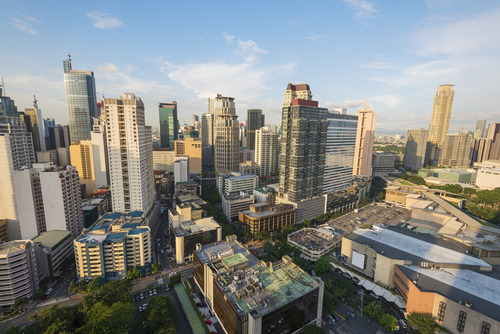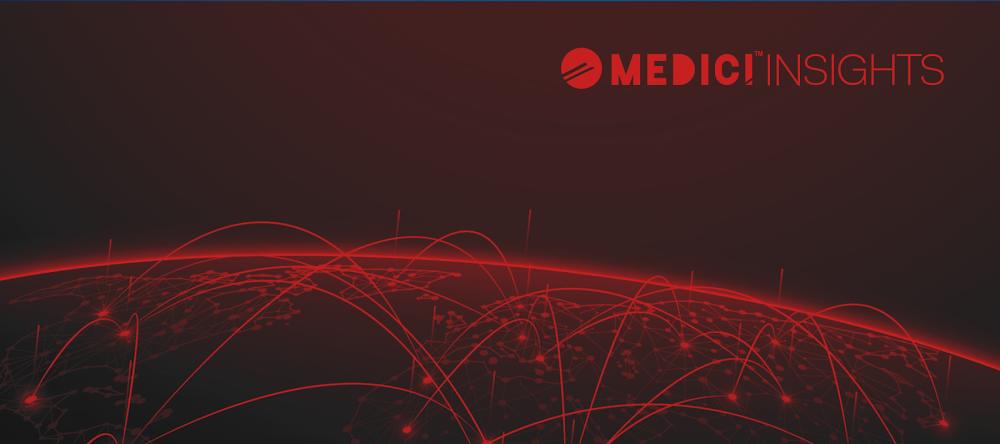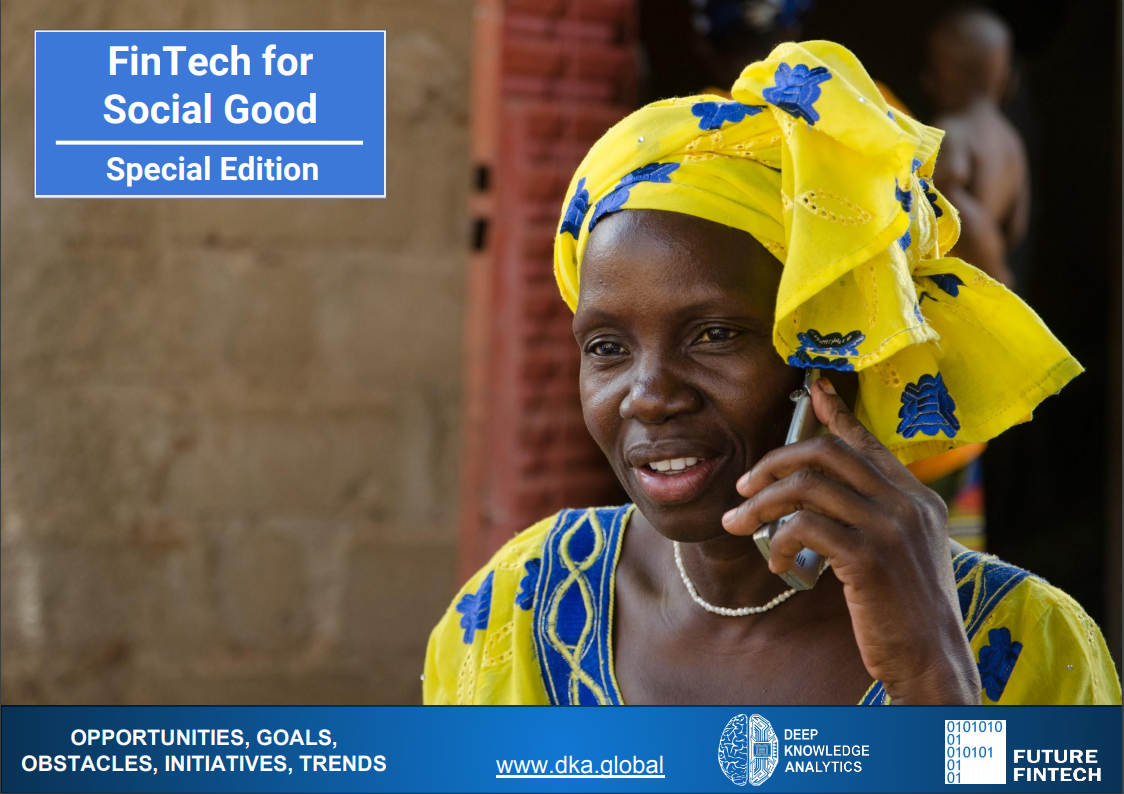Day 3 of the Global SME Finance Forum 2023 saw panel discussions and keynote addresses by thought leaders like Shri Chanchal Chand Sarkar, Economic Adviser, DEA, Ministry of Finance, India, Shri T. Rabi Sankar, Deputy Governor, RBI, Shri Ajay Seth, Secretary, DEA, Ministry of Finance, India, Ashwini Kumar Tewari, Managing Director, SBI, Ms. Nisha Nambiyar, Chief General Manager, RBI ,Mohamed Gouled, VP Global Industries, IFC, Magda Bianco, GPFI Co-Chair, Michael Jongeneel, CEO, FMO and Jane Prokop, SME EVP, MasterCard
Mumbai, 13 September 2023 - The Global SME Finance Forum 2023 continued to ignite insightful discussions and foster collaboration among key stakeholders on its third day. This last day was an official side event of the G20 Indian Presidency.
The event started with the welcome remarks by Shri Chanchal Chand Sarkar, Economic Adviser, DEA, Ministry of Finance, India who said, “In collaboration with esteemed leaders from the DEA and the Reserve Bank of India, we embark on a journey towards extraordinary outcomes. Our focus on critical global financial issues like financial inclusion, climate finance, and crypto assets underscores the need to empower small and medium enterprises. As we implement the G20 Financial Inclusion Action Plan, we are committed to accelerating the growth of SMEs and fostering a more inclusive, resilient, and sustainable financial system.”
In his keynote, Shri T. Rabi Sankar, Deputy Governor, RBI, said "A robust MSME sector is the bedrock of sustained economic growth and job creation. Digital Public Infrastructure (DPI) empowers MSMEs, bridging the digital divide and unlocking boundless potential. The hurdles faced by MSMEs, such as limited access to credit, and delayed payments, can be efficiently overcome through digitization. With innovative credit solutions and digital ecosystems, we're poised to transform challenges into opportunities.”
He added, "The RBI Innovation Hub's pioneering effort to establish a frictionless credit public tech platform holds tremendous potential. This platform will usher in seamless access to credit by enabling the smooth flow of vital data for credit evaluations among diverse stakeholders."
Addressing the Forum, Shri Ajay Seth, Secretary, DEA, Ministry of Finance, India, said, “The G20 leaders recognize the pivotal role of startups and MSMEs in driving sustainable and inclusive growth. Bridging the digital divide, including women's participation in MSMEs, is a key priority. The G20's commitment to advancing financial inclusion and productivity through DPIs is a testament to their dedication to fostering a thriving MSME sector. India, along with the SME Finance Forum and GPFI, is poised to collaborate and seize these opportunities for growth beyond G20 countries too."
One of the pivotal topics addressed during the Global SME Finance Forum's third day was the need for an enabling environment for SMEs to access green finance. One panel in particular delved into the vital role that banks, development finance institutions (DFIs), and regulators play in crafting a framework that clearly defines "green" financing for SMEs. The conversation revolved around collaborative efforts to build an ecosystem that encourages and supports SMEs in adopting sustainable practices, showcasing real-world examples of successful initiatives that have aligned SMEs with environmentally responsible practices.
The day culminated in a thought-provoking discussion on gender equity in SME financing within the digital landscape. Panelists ardently explored how digital financial ecosystems can serve as a powerful tool for reducing biases against women entrepreneurs. The conversation emphasized the importance of addressing the specific needs of women in terms of capacity building, networking, and access to financial services.
Commenting during the closing of the Global SME Finance Forum 2023, Mr. Shalabh Tandon, Regional Head of Operations & climate and Interim South Asia Director, IFC, extended thanks to everyone for transformative discussions over the past three days and said,” Digital ecosystems are change-makers, India's initiatives like UPI, Jan Dhan and Aadhaar, set a remarkable example. IFC, alongside partners, is dedicated to financial inclusion. We look forward to future Forums that build upon the momentum of this event. Together, through innovation and learning, we can shape a more inclusive and digitally empowered financial landscape for MSMEs so they can create more jobs and contribute fully to economic growth.”
Following are the key attractions of the Global SME Finance Forum 2023:
-
640 attendees from 70 countries and 200+ institutions.
-
80+ speakers, 10 study visits and 12 exhibitions booths.
-
Global SME Finance Awards Awards given to 30 institutions in four categories:product innovation of the year, SME financier of the year, best financier for women entrepreneurs and sustainable bond of the year.
-
MoU signed betweenTata Power Solar Systems Ltd. and SIDBI to accelerate MSME solar adoption thanks to competitive solar financing solutions.
-
Launch of the IFC Sustainable MSME Finance Reference Guide that sets out a practical approach for financial institutions in emerging markets to implement sustainable finance for SMEs.
-
Launch of the G20 report on innovative financial products. The report provides pivotal policy, regulatory, and supervisory recommendations to bolster the SME finance framework. These encompass expanding credit registry coverage, fortifying digital identification mechanisms for SMEs, and actively encouraging industry dialogues.
-
Showcase of ONDC and Proxtera Linkage: the interoperability and connectivity of those two entities will enhance digital cross border trade and secure financing for SMEs.
-----------------------------------------------------------------
About International Finance Corporation (IFC)
IFC - a member of the World Bank Group - is the largest global development institution focused on the private sector in emerging markets. We work in more than 100 countries, using our capital, expertise, and influence to create markets and opportunities in developing countries. In fiscal year 2023, IFC committed a record $43.7 billion to private companies and financial institutions in developing countries, leveraging the power of the private sector to end extreme poverty and boost shared prosperity as economies grapple with the impacts of global compounding crises.
For more information, visit www.ifc.org
About SME Finance Forum
The SME Finance Forum was established by the G20 Global Partnership for Financial Inclusion (GPFI) in 2012 as a knowledge center for data, research, and best practice in promoting SME finance. As an implementing partner for the GPFI, the International Finance Corporation (IFC) was tasked with managing the initiative. The Forum operates a global membership network of +240 members that brings together financial institutions, technology companies, and development finance institutions to share knowledge, spur innovation, and promote the growth of SMEs.
Discover the SME Finance Forum members: www.smefinanceforum.org/members/member-list
About Small Industries Development Bank of India (SIDBI)
SIDBI, set up on 2nd April 1990 under an Act of Indian Parliament, is the Principal Financial Institution for Promotion, Financing and Development of the MSME sector. SIDBI has been playing a significant role in developing the financial services for MSME sector through various interventions including Refinance to Banks, Credit Guarantee programs, Development of the MFI sector, Contribution to Venture capital/AIF funds, MSME ratings, promoting digital lending ecosystem, etc. The Bank has proactively been working towards Energy Efficiency (EE) in MSMEs since 2005-06 using support of multilateral institutions like World Bank, ADB, GiZ, FCDO, JICA, AFD, KfW etc. for energy efficient projects. Furthermore, SIDBI has been touching the lives of citizens across various strata of society through its integrated, innovative, and inclusive approach. Be it traditional, domestic small entrepreneurs, bottom-of-the-pyramid entrepreneurs, to high-end knowledge-based entrepreneurs, SIDBI has directly or indirectly impacted the lives of Micro and Small Enterprises (MSEs) through various credit and developmental measures.
To know more, check out www.sidbi.in
About State Bank of India (SBI)
State Bank of India (SBI) a Fortune 500 company, is an Indian Multinational, Public Sector Banking and Financial services statutory body headquartered in Mumbai. The rich heritage and legacy of over 200 years, accredits SBI as the most trusted Bank by Indians through generations. SBI, the largest Indian Bank with 1/4th market share, serves over 48 crore customers through its vast network of over 22,405 branches, 65,627 ATMs/ADWMs, 76,089 BC outlets, with an undeterred focus on innovation, and customer centricity, which stems from the core values of the Bank - Service, Transparency, Ethics, Politeness and Sustainability. The Bank has successfully diversified businesses through its various subsidiaries i.e., SBI General Insurance, SBI Life Insurance, SBI Mutual Fund, SBI Card, etc. It has spread its presence globally and operates across time zones through 235 offices in 29 foreign countries. Growing with times, SBI continues to redefine banking in India, as it aims to offer responsible and sustainable Banking solutions.
To know more, check out sbi.co.in
***




